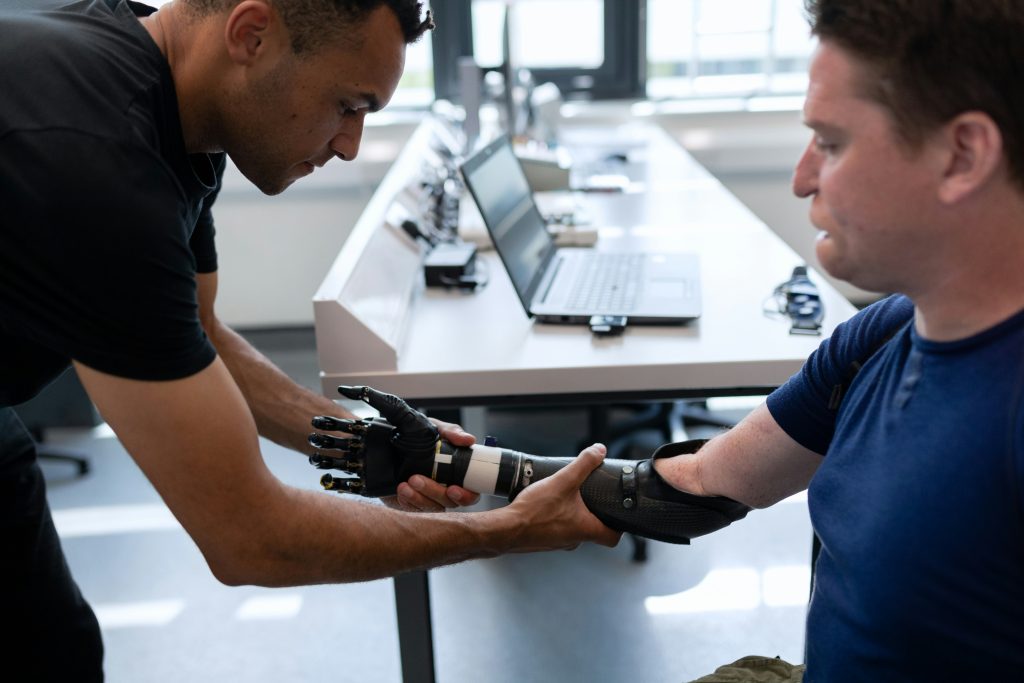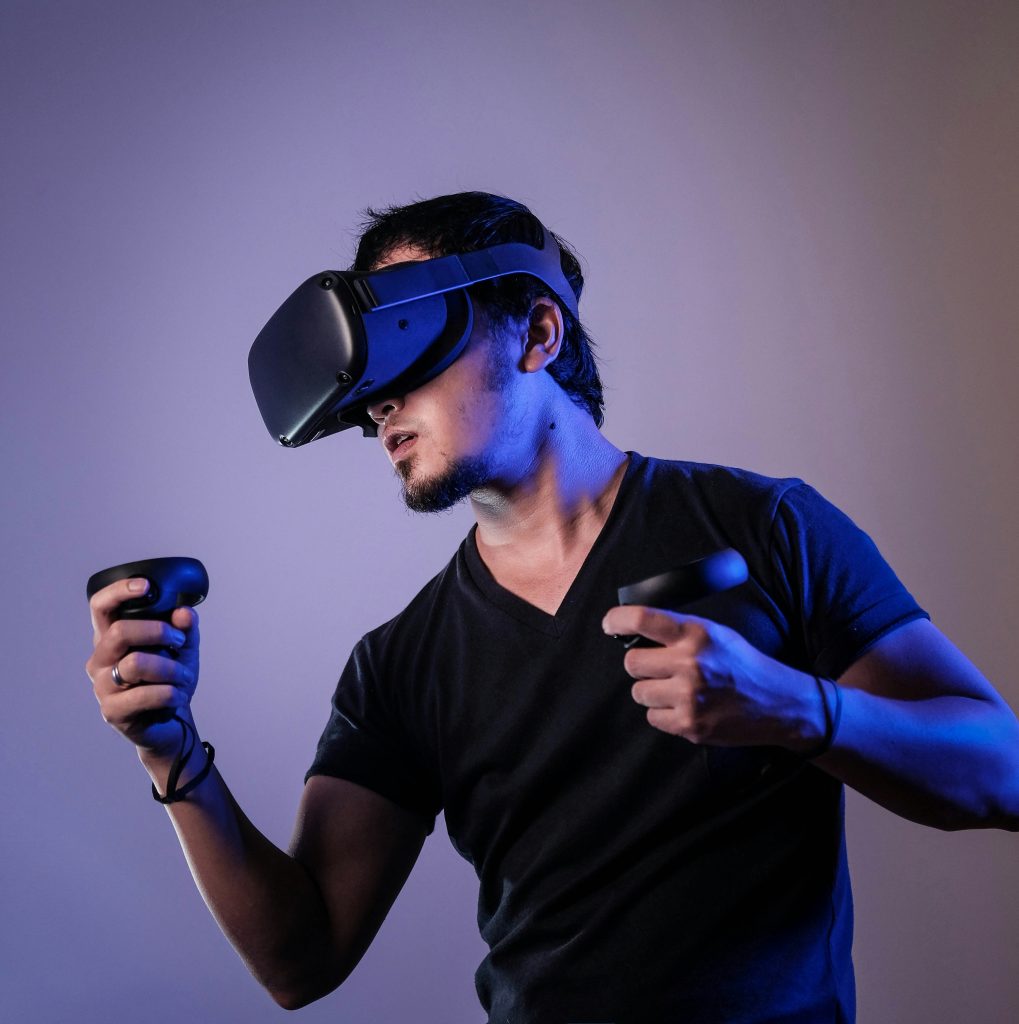
Introduction To Surveillance Technology
Surveillance technology has become an integral part of our daily lives, with cameras, sensors, and tracking devices present in almost every public space. These technologies have been developed for various purposes, such as ensuring public safety, preventing crime, and monitoring traffic flow. However, the widespread use of surveillance technology raises ethical concerns about privacy invasion, data security, and potential misuse.
The rapid advancement of surveillance technology has enabled governments and private companies to collect massive amounts of data on individuals without their consent. This data can be used to track people’s movements, monitor their online activities, and even predict their behavior. The use of facial recognition software and biometric identification systems further exacerbates the erosion of personal privacy.
As surveillance technology becomes more sophisticated and pervasive, it is crucial to examine its ethical implications and consider how it can be used responsibly. This includes addressing issues such as consent, transparency, accountability, and the protection of individual rights. By critically evaluating the impact of surveillance technology on society, we can strive to find a balance between security needs and ethical considerations.
Privacy Concerns And Data Collection
Privacy concerns and data collection are at the forefront of the ethical implications surrounding surveillance technology. With the increasing use of surveillance cameras, facial recognition software, and other tracking devices, individuals are constantly being monitored without their knowledge or consent. This raises questions about the right to privacy and how much personal information should be collected and stored by corporations and governments.
One of the main concerns is the potential for misuse of collected data. Companies may use this information for targeted advertising or selling to third parties, while governments could use it for surveillance and control purposes. This can lead to a violation of individual rights and freedoms, as well as potential discrimination based on factors such as race, gender, or socioeconomic status.
Furthermore, there is also a risk of data breaches and hacking, which can expose sensitive personal information to malicious actors. This not only puts individuals at risk of identity theft but also compromises their autonomy and security.
Overall, privacy concerns and data collection in surveillance technology raise important ethical questions about the balance between security measures and individual rights. It is crucial for regulations to be put in place to protect people’s privacy while still allowing for effective surveillance practices when necessary.
Surveillance In Public Spaces
Surveillance in public spaces has become increasingly prevalent with the advancement of technology. While it may be argued that surveillance in public areas enhances security and helps deter crime, there are ethical concerns that must be considered. One major issue is the invasion of privacy that occurs when individuals are constantly being monitored without their consent. This constant surveillance raises questions about the balance between security and personal freedom.
Furthermore, surveillance in public spaces can lead to discrimination and profiling based on factors such as race, ethnicity, or socioeconomic status. For example, facial recognition technology has been criticized for its potential to disproportionately target minority communities. Additionally, there is a risk of misuse or abuse of surveillance technology by those in power, whether it be government agencies or private corporations.
In order to address these ethical implications, it is important to establish clear guidelines and regulations surrounding the use of surveillance technology in public spaces. Transparency and accountability are key in ensuring that individuals’ rights are protected while still maintaining public safety. Ultimately, a careful balance must be struck between security measures and respecting individuals’ privacy rights in the age of pervasive surveillance technology.
Government Surveillance And Civil Liberties
Government surveillance and civil liberties are at the forefront of the ethical debate surrounding surveillance technology. While governments argue that surveillance is necessary for national security and crime prevention, critics raise concerns about its impact on individual freedoms and privacy rights.
One of the key ethical implications is the potential for abuse of power by government authorities. The ability to monitor individuals’ activities without their knowledge or consent raises questions about the balance between security and civil liberties. In some cases, governments have been accused of using surveillance technology to target political dissidents, suppress free speech, or discriminate against certain groups.
Furthermore, there is a risk of mass data collection leading to violations of privacy rights. The widespread use of surveillance technology can result in the collection and storage of vast amounts of personal information, raising concerns about who has access to this data and how it is being used.
Ultimately, the ethical implications of government surveillance highlight the need for clear regulations and oversight to protect individuals’ rights while still addressing legitimate security concerns. Balancing these competing interests requires careful consideration of both moral principles and practical realities.
Corporate Use Of Surveillance Technology
One of the most concerning aspects of surveillance technology is its widespread use by corporations. Many companies utilize surveillance technology to monitor employees, track customer behavior, and gather data for marketing purposes. While some argue that this type of monitoring is necessary for security and efficiency reasons, others raise serious ethical concerns about the invasion of privacy and potential misuse of personal information.
Corporate use of surveillance technology can create a culture of distrust and anxiety among employees, as they may feel constantly monitored and scrutinized. This can lead to decreased morale, productivity, and job satisfaction. Additionally, the collection and storage of personal data without consent raises questions about individual rights to privacy and autonomy.
Furthermore, there is also a risk that surveillance technology can be used for discriminatory practices or manipulation. For example, companies may use data collected from surveillance to target specific groups for advertising or deny opportunities based on biased algorithms.
Overall, the corporate use of surveillance technology highlights the need for clear regulations and ethical guidelines to ensure that personal privacy is respected and protected in the digital age.

Ethical Considerations In Law Enforcement Practices
In law enforcement, the use of surveillance technology raises a number of ethical considerations that must be carefully weighed. One of the primary concerns is the potential for abuse of power by law enforcement officials. With access to vast amounts of personal data through surveillance technology, there is a risk that this information could be misused or exploited for personal gain.
This raises questions about the proper limits and oversight that should be in place to prevent such abuses.
Additionally, there are concerns about the impact of surveillance technology on individual privacy rights. The use of cameras, drones, and other monitoring devices can intrude on individuals’ private lives and create a sense of constant surveillance. This raises questions about the balance between public safety and individual freedoms, as well as the need for transparency and accountability in law enforcement practices.
Furthermore, there are concerns about bias and discrimination in how surveillance technology is used. Studies have shown that certain communities are disproportionately targeted for surveillance, leading to issues of racial profiling and unequal treatment under the law. These ethical considerations highlight the need for careful thought and scrutiny when implementing surveillance technology in law enforcement practices.
The Future Of Surveillance Technology And Ethical Implications
The future of surveillance technology holds immense potential for both benefiting society and raising ethical concerns. As advancements in artificial intelligence, facial recognition, and data analytics continue to evolve, the capabilities of surveillance technology are becoming increasingly sophisticated. This has the potential to revolutionize law enforcement, national security, and public safety efforts.
However, with this increased power comes a host of ethical implications that must be carefully considered. The use of surveillance technology raises questions about privacy rights, civil liberties, and the potential for abuse by those in positions of authority. As governments and corporations increasingly rely on surveillance technology to monitor individuals, there is a growing concern about the erosion of personal freedoms and the creation of a surveillance state.
Furthermore, issues around data security and the risk of information being hacked or misused are significant concerns that must be addressed as surveillance technology becomes more prevalent. It is crucial for policymakers, technologists, and ethicists to engage in thoughtful dialogue about how to balance the benefits of surveillance technology with its potential harms in order to ensure that society can reap the benefits without sacrificing essential values such as privacy and autonomy.




